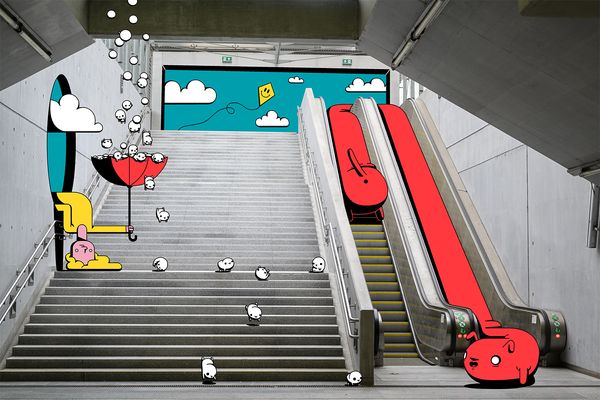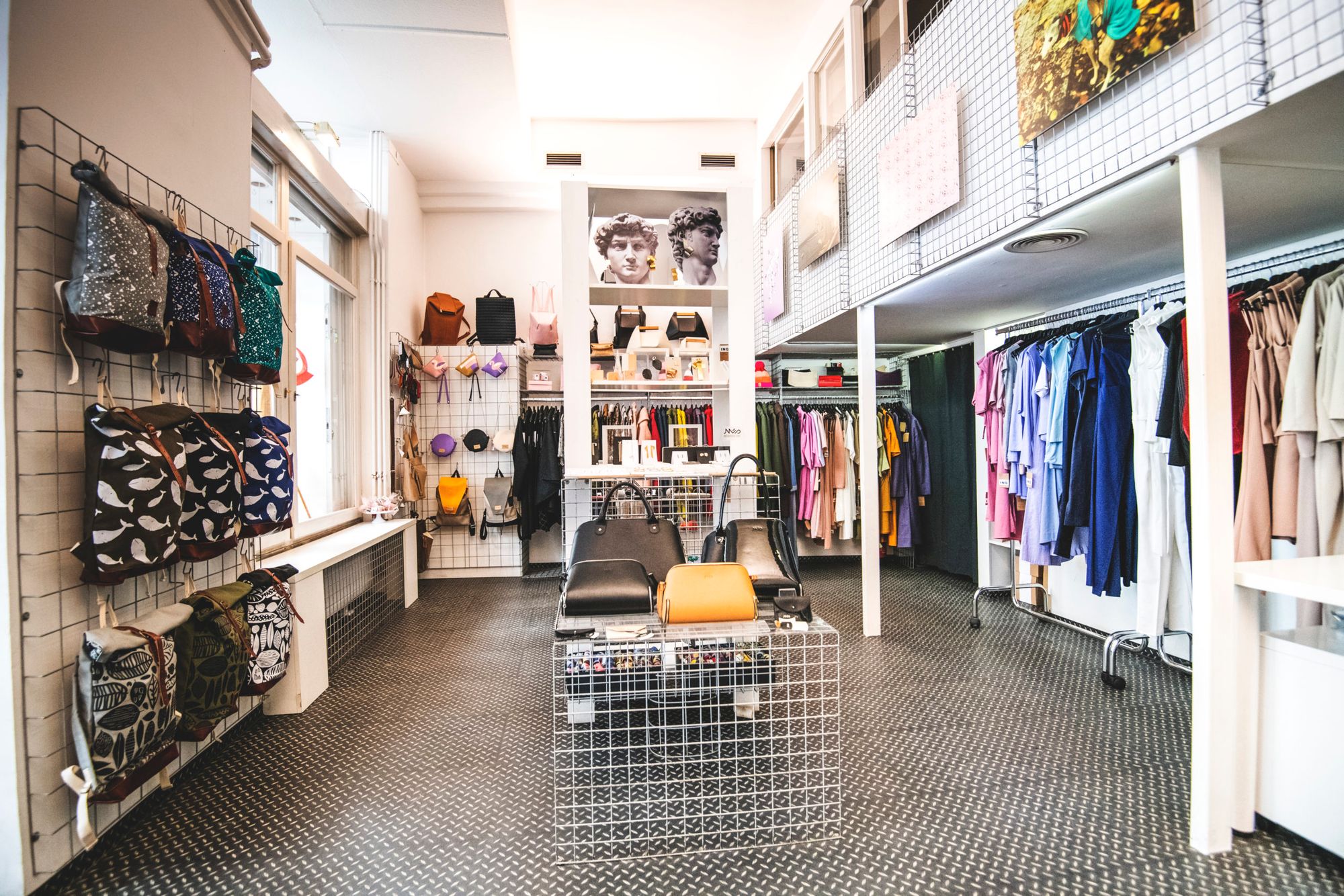The changes brought by the coronavirus also have a profound impact on the life of Hungarian design businesses. Everything that seemed to be working so far has been questioned and reevaluated either as a whole or just in part. How did the epidemic influence the life of Hungarian design undertakings? What decisions must designers make so that their brand can survive? Is there a “plan B”? The designers tell themselves.
András Huszár – Hello Wood
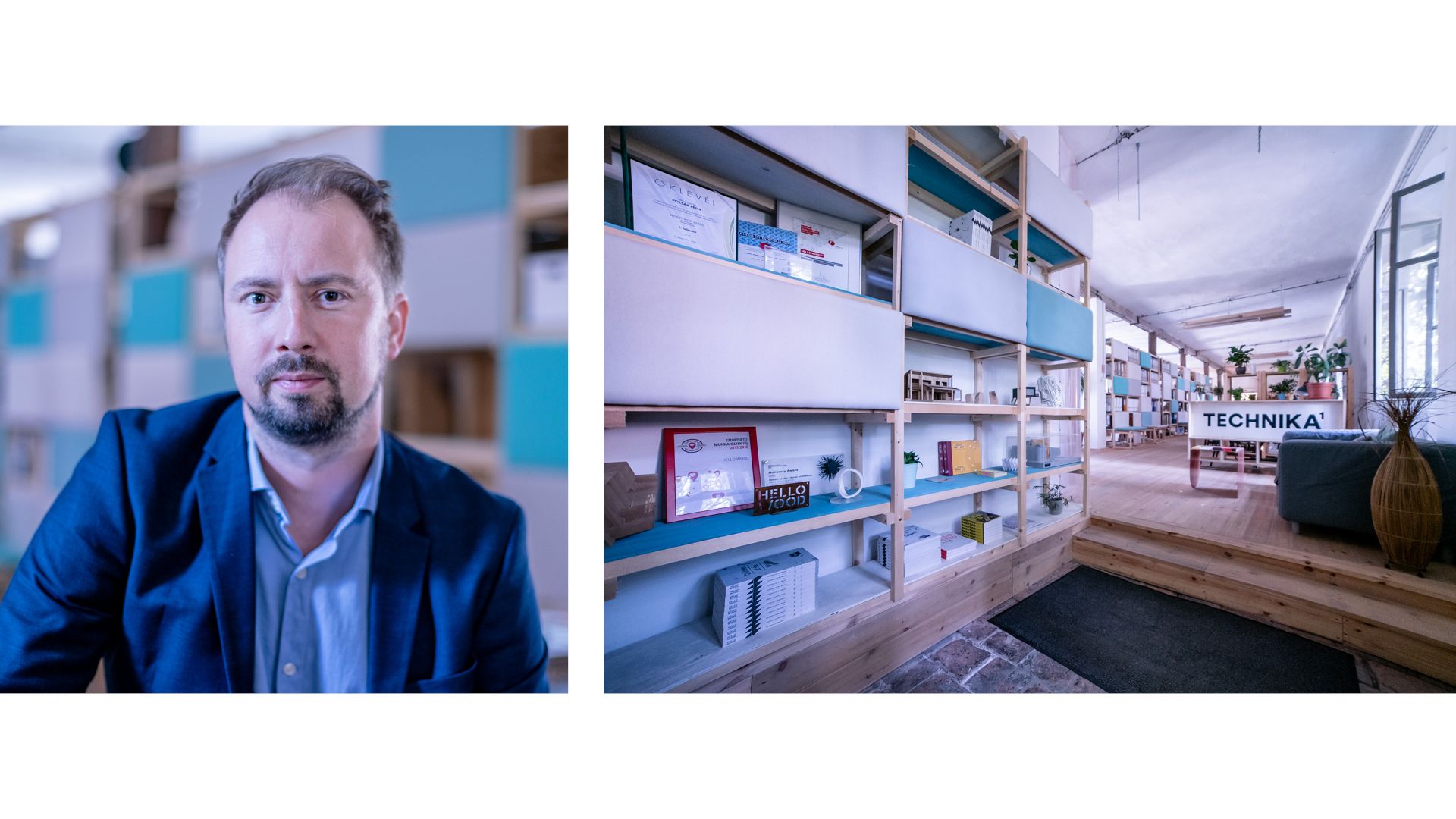
What did you think of the coronavirus first, how did you react? What changed later?
At first I experienced the panic of my friends and acquaintances working in the hospitality industry, the first thing I noticed was that the big places started to close down. For me, the most troubling was how fast the economic impacts would influence the life of our own company, as we are responsible for our team. On top of that, I was frightened to see the social impacts, that many people are at danger.
I don’t feel threatened by the virus in my personal life, luckily none of my family members belong to the endangered age group or have a chronic disease, but we still don’t let my mum go anywhere and everyone works from home in the family. When the #stayhome campaign started off, in the first weeks of lockdown, I created two cooking workshops videos on Facebook, which I only recommend for people with steady nerves because it was even shared by András Péter Kovács (KAP), so approximately 8000 people saw me entertaining myself and others within just a few days. The videos have obvious social utility! (laughs) One of them deals with grilled sandwiches and making masks, while in the other I show you how to make it difficult for yourself to leave your home on weekends while I make soft-boiled eggs. I kept being asked for more videos ever since…
How did the coronavirus affect your work? What (important and rapid) decisions did you have to make in relation to your brand that influenced your daily work and your upcoming projects?
At first, before the virus appeared in the country, we rearranged our offices, we ensured that there are sufficient hand sanitizers, and we informed our colleagues how to act in social situations amongst these circumstances. We offered the possibility of working from home to those who requested it already at this point. From mid-March, we were amongst the first offices that went into home office mode, the entire team adapted to working from home very quickly and in a disciplined way. Our carpenters and fitters could decide voluntarily depending on how endangered they or those living in their environment were – in their case, home office is not an option unfortunately.
The owners decided that the company wanted to keep the labor force by all means and that we need to look forwards. To look for the opportunities and changes in the business that are important for ensuring the future of our company and that we can do to make the world a better place. We continuously monitor the company’s operation, the organization of meetings and keeping contact with people. We carry out the meetings that have been organized in person previously online now, this way, we save time and fuel, which will result in a more sustainable operation. Of course there is a great need for keeping the members of our team in contact with each other, so we organized community programs for the colleagues: before Easter, we shared our experiences with the lockdown in the framework of an online toast and drink together.
The current situation affects our profile significantly, as we work with organizing events and designing community installations and constructions. Of course there are new ideas about new products that respond to the quarantine. We are looking for the platforms and the profile that can work regardless of social contact, but that’s still “Hello Woody”. And we didn’t give up on organizing our Architect Muster camp in the summer yet. We hope it’ll be possible. Everyone looks forward to getting out from the lockdown and creating together.
In the case of projects launched previously, the epidemic slowed down our work with the partners. We already calculate with this in the case of new projects, and almost every situation took place that we needed to prepare for. Generally speaking, it can be said that everyone acts very cautiously (rightfully) and they only trust their own employees. There was a sudden 5% rise of material prices on the market, but the 20-30% price increase of materials and wages of the past years will stop now, so we suggest concentrating on investments to each and every of our clients at the moment.
Many people think of the situation caused by the coronavirus as an opportunity. What’s your take? What expectations do you have for the future?
For us, this period provides opportunity for rethinking our profile, what Hello Wood wants to focus on in the future, and in what directions we should develop ourselves and the company by also adhering to our business plan. I see that the system can be optimized in various points and the team is also very open to change.
The latest news is that we are looking for our new headquarters in Budapest or near Budapest, a new home for an assembly workshop and innovation center. We are looking for settlements or districts that would be proud to be the starting point of one of the most exciting projects in the world.
We would like to further grow our team, too, and we keep building our partner program – we have more possibility to do this now, as there are many highly skilled experts on the job market at the moment: people that came home from abroad or were released from a suddenly shut down segment (e.g. the film industry). There is an ever growing number of applicants to our carpenter or architect jobs (the job advertisement for the joiner/carpenter position is also available on HYPEANDHYPER – the Ed.)
The experience is that everyone is more active, more attentive, they read the e-mails sooner, which is also an advantage from the point of sales. We brought the winter season forward, we discuss the autumn and Christmas projects with our foreign and Hungarian clients. We keep looking forward, we are optimist realists. We see this year as the year of constructions and investments – clients that move now will gain advantage. We prepare for this: we see that the private clients are all eager to act. We work on being able to create more and more special projects.
Investing in one’s own company also seems like a good direction. We hope that the economic support packages will give possibility for companies to obtains loans more easily so that they can implement their ideas. We expect a rise in domestic tourism, although it is hard to forecast when this will happen. We hope that we can implement more unique extreme design accommodation projects until then – currently we are working on the preparations of these projects. We also respond to the situation directly: our home office cabin has been put into the production phase and we also think about other innovations (competitions, educational projects).
Anna Kudron, Vera Burány, Viktória Szabó – PINKPONILO
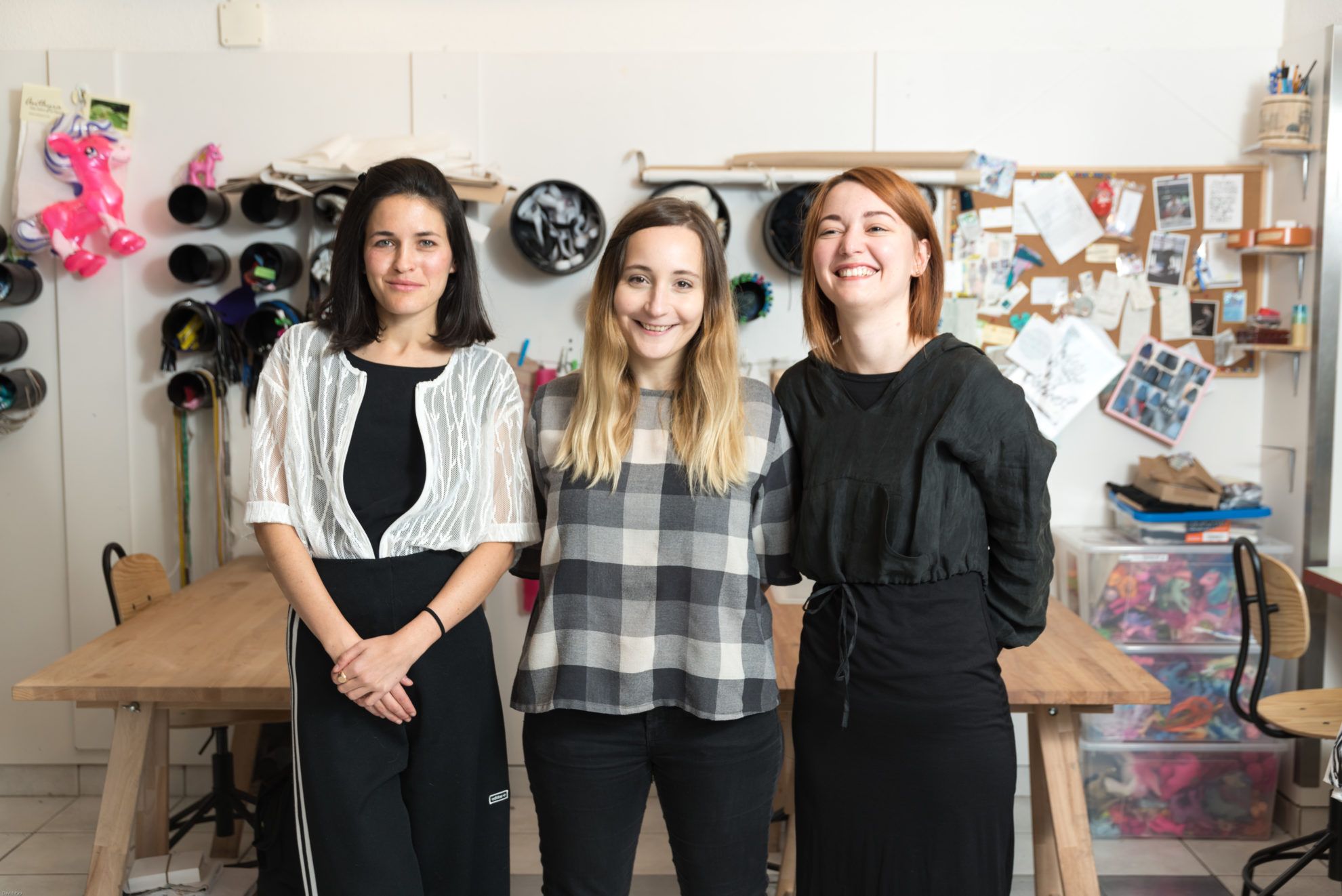
What did you think of the coronavirus first, how did you react? What changed later?
It was an experience like never before, because we held a year assessment meeting, a 4-5 hour brainstorming (also preparing for the next year) just before the state of emergency was declared in Hungary. We reviewed the past three years, we introduced many developments in logistics, we had some open issues but we agreed that we would start to shift to the direction of developing a studio based on knowledge-sharing, education, research and design. One of the possible means of this is sewing and implementation, and we also formulated that we wanted to find and give answers to the question of what the word sustainability means in more depth. Then we had to shut down all activities prepared within one and a half weeks. Our thoughts weren’t too unanimous. We knew that keeping personal contact and changing our active way of living would be hard, but we soon realized that we have to develop our digital presence. This way, without changing content and objectives fundamentally, we had to work on the form and the quality of implementation almost right away in a new manner.
How did the coronavirus affect your work? What (important and rapid) decisions did you have to make in relation to your brand that influenced your daily work and your upcoming projects?
We communicated to the partners and participants approximately one month ago that we would postpone all programs requiring personal attendance, and they can use our services online, where possible. We also work with our co-workers in 100% via online conference calls, e-mail and in shared documents, but this wasn’t new to us. Of course we miss the endless days spent at the studio together and the guests visiting us very much. We have to pay increased attention to expenses, and we all work on generating the revenues necessary for maintaining our brand, especially through the services available on Patreon, but we also have unique initiatives, for example, a Berlin-based partner of ours started a campaign on GoFundMe, and we welcome anyone who’d like to join these.
Many people think of the situation caused by the coronavirus as an opportunity. What’s your take? What expectations do you have for the future?
We consider it as an opportunity to improve our digital presence. We would like to develop further services that could be implemented by using various software and would respond to the challenges of the 21st century. Sometimes the principle of sustainability starts here: we must find the best, most effective means that requires the less energy. In addition to the already finished plans, it would be too early to formulate new ones, seeing the current global-level and incredible changes of the fashion industry – in many places, damage control and avoiding a humanitarian disaster is the priority. Then, once the social situation of countries has become more stable, maybe there will be a stronger need for sustainable economies. Probably a studio prepared for the new challenges, of a reasonable size, and focusing on local special needs will have a place in that.
Évi Marillai – INQ concept & wonderLAB
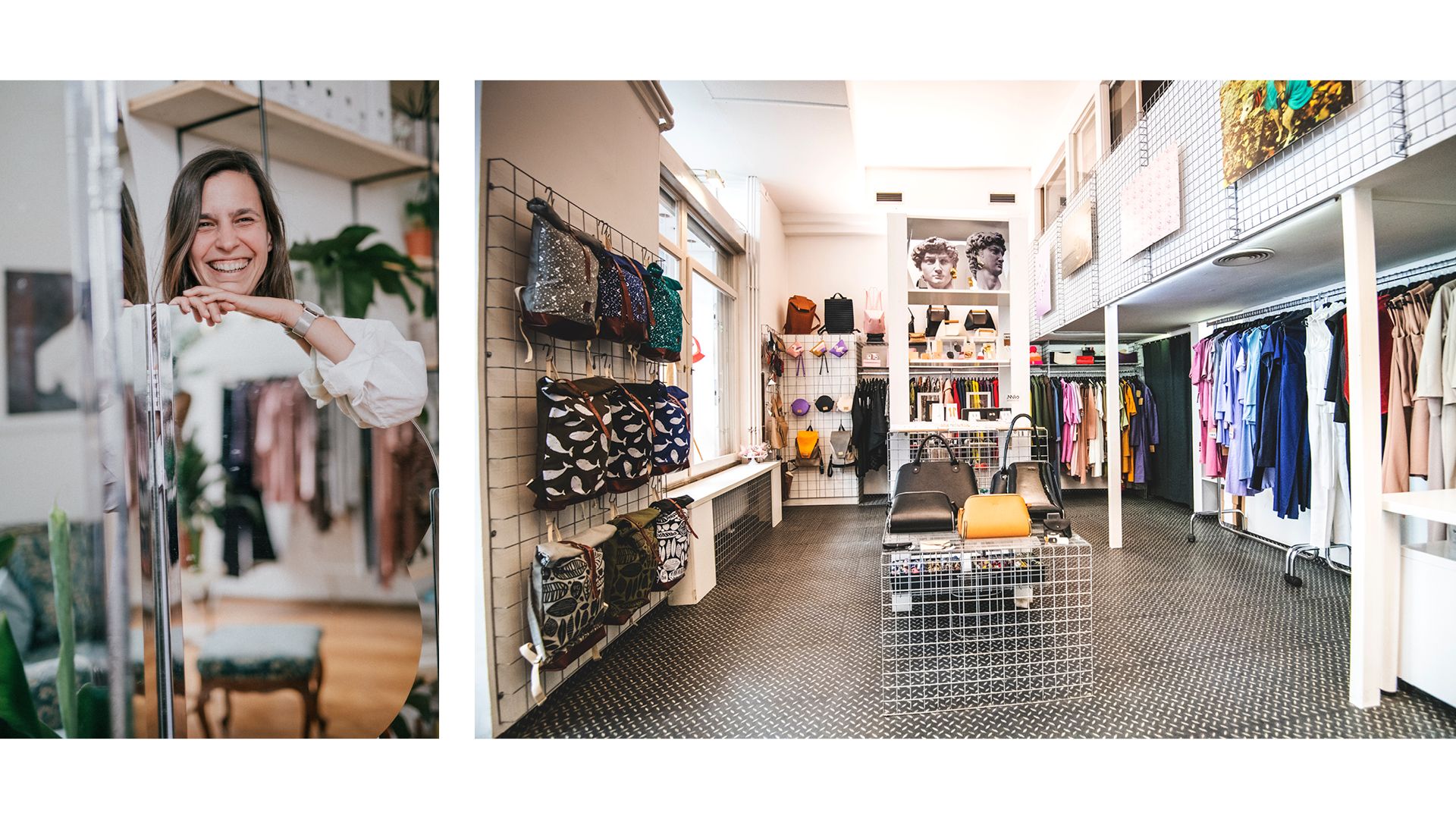
What did you think of the coronavirus first, how did you react? What changed later?
The impact of the coronavirus became first palpable in my life on the 8th birthday of wonderLAB. This happened on March 10, 2020. We organized a fantastic event, with champagne, a cool DJ duo and a show featuring the products of our previous designers.
At this time, we haven’t been kissing anyone for days, not even to the designers we haven’t seen in ages. This felt odd already in itself. But the strangest thing was the surprisingly low attendance rate of the event. There were some people, as the presence of the team laid down the basis for good atmosphere, but hardly any customers visited the store during the evening. The rest of the week was the same, and then we also had to close, because keeping the store open for the empty streets didn’t make any sense, and we felt this was the safest choice. We are still closed today: I only go into the store once a week, when I put together the orders and hand them over to the courier.
How did the coronavirus affect your work? What (important and rapid) decisions did you have to make in relation to your brand that influenced your daily work and your upcoming projects?
The sudden drop of purchases shocked everyone, as it wasn’t enough that most designers made absolutely zero revenues, we couldn’t improve anything on the expense side. Amongst others, this sector didn’t receive any kind of support, either. And the costs of a store don’t go away just because it does not operate. To reduce costs, as a first and most drastic step, I closed and then terminated the lease contract of the flat I rented for INQ showroom. I retreated to my family to think, to find a solution for the almost 30 designers counting on wonderLAB and for the future of the store.
And then amongst my loving family, I regained my power and I felt I was capable of anything. I started the transition to online sales by discussing the process with the team of designers, almost each and every one of whom supported the new plans.
Many people think of the situation caused by the coronavirus as an opportunity. What’s your take? What expectations do you have for the future?
I started building wonderlabconcept.com with new impetus, and it is completed by now.
To be honest, if anyone asked me a month ago whether wonderLAB would have an online store, I would have said for sure what I always thought: never, that’s impossible: with so many designers, products, sizes and prices, not to mention unique pieces, managing this would require at least four employees. I was wrong. Home office did me good: I could dedicate all this free time I had for developing the website, for which I received lots of support and help from my colleagues and designer partners.
Designers must be kept afloat at all times, because this is a very hard period for them, too. Who wants a design bag when bread is more important, or if they have to pay rent, and where would they even where it, if they are at home all the time. To my biggest surprise, this isn’t true either. A large part of our customers can’t wait for the online store to open and orders have been coming pretty steadily – we currently manage these on our Facebook and Instagram pages.
There are still birthdays, and people still want to surprise each other. Those who considered it important to buy Hungarian products will still spend the budget dedicated for this on these products. And maybe those who didn’t buy Hungarian products before will change their minds now, too, to help us survive.
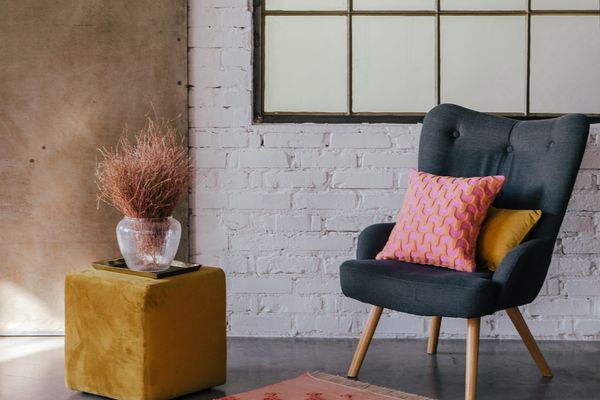
Dreaming Threads | Tradition reinterpreted
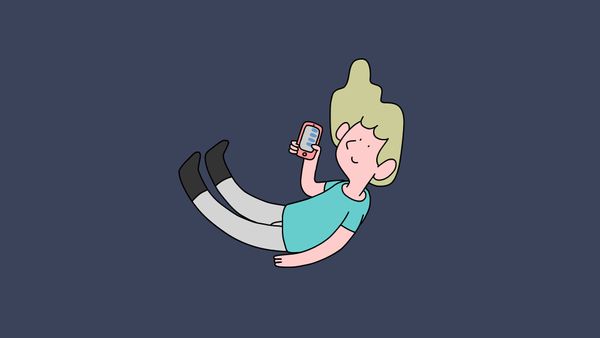
Odett X CsaK | Fehér fény
